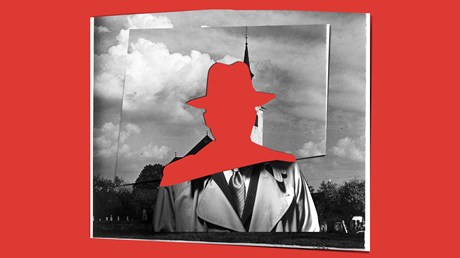The recent SBC abuse report shows that churches often prioritize tribal unity and safety over “divisive” truth.

This piece was adapted from Russell Moore’s newsletter. Subscribe here.
If you ever want to do something kind for me, please don’t send flowers.
If I were to see a bouquet of them at the door, I would probably have a reflexive adrenal response. That’s because, for years in my Southern Baptist context, the lore was always about a leader in the denomination—who fancied himself a sort of party boss or even bishop—who would send to those who crossed him a bouquet of flowers, with nothing but a card with his name. The flowers were interpreted to signify something along the lines of “You’re dead to me” or “I know what you did” or some such thing.
The first time I heard this, I stopped and thought, “Wait, how is this not the mafia?”
Now I don’t know how many people ever received such flowers. When younger people asked about it, the leader would grin and look away. Maybe the legend was always bigger than the reality. But when it comes to fear and intimidation, legend is really all it takes.
And behind the legend is an even larger truth—one that the rest of the world can now peek into ever so slightly, after the release of an independent investigation that describes a culture of cover-up, retaliation, and stonewalling by the Southern Baptist Convention’s Executive Committee on matters of church sexual abuse, church sexual abuse survivors, and the advocates and whistleblowers who stood with them.
Since then, many people from outside the denomination called or texted as they watched some of the official proceedings, and all expressed some variation of how creepy they found the southern politeness—with everyone calling ...
from Christianity Today Magazine
Umn ministry


.gif)

.gif)
.gif)
